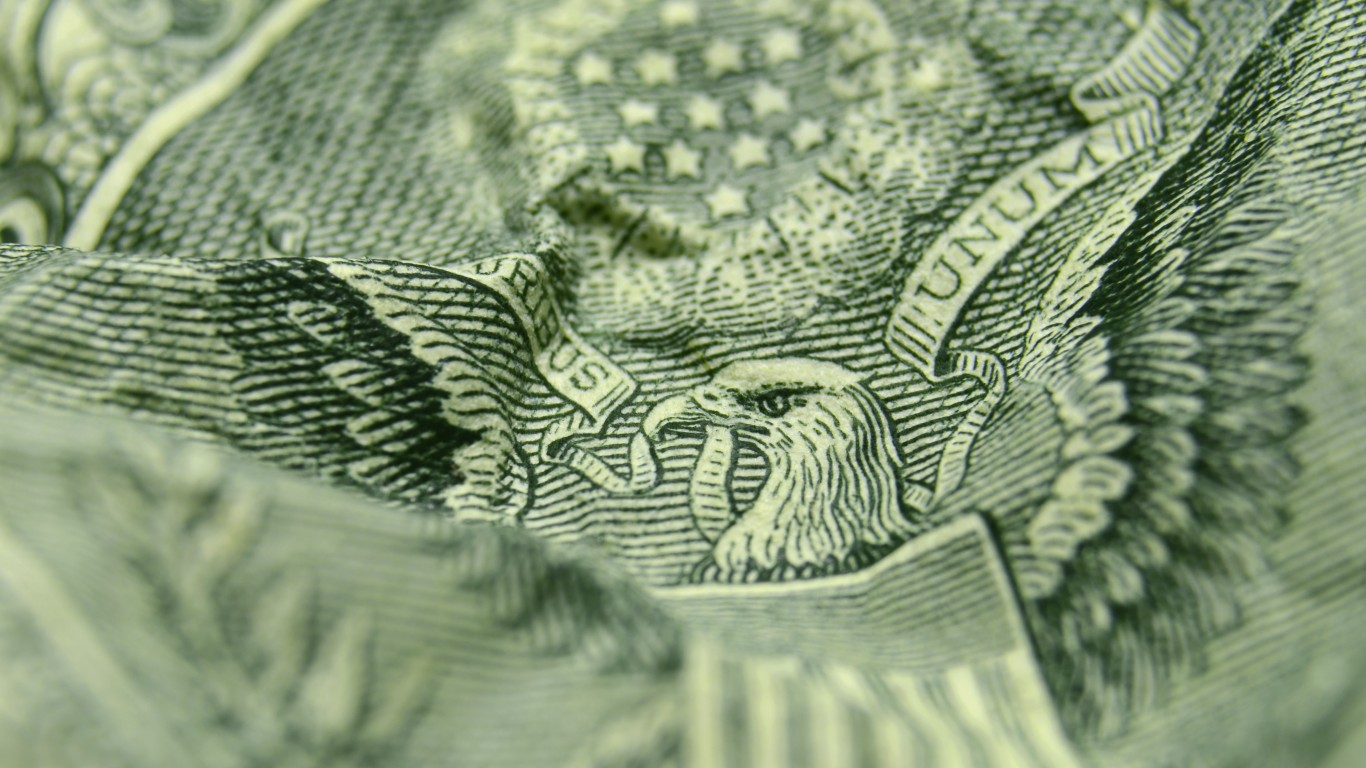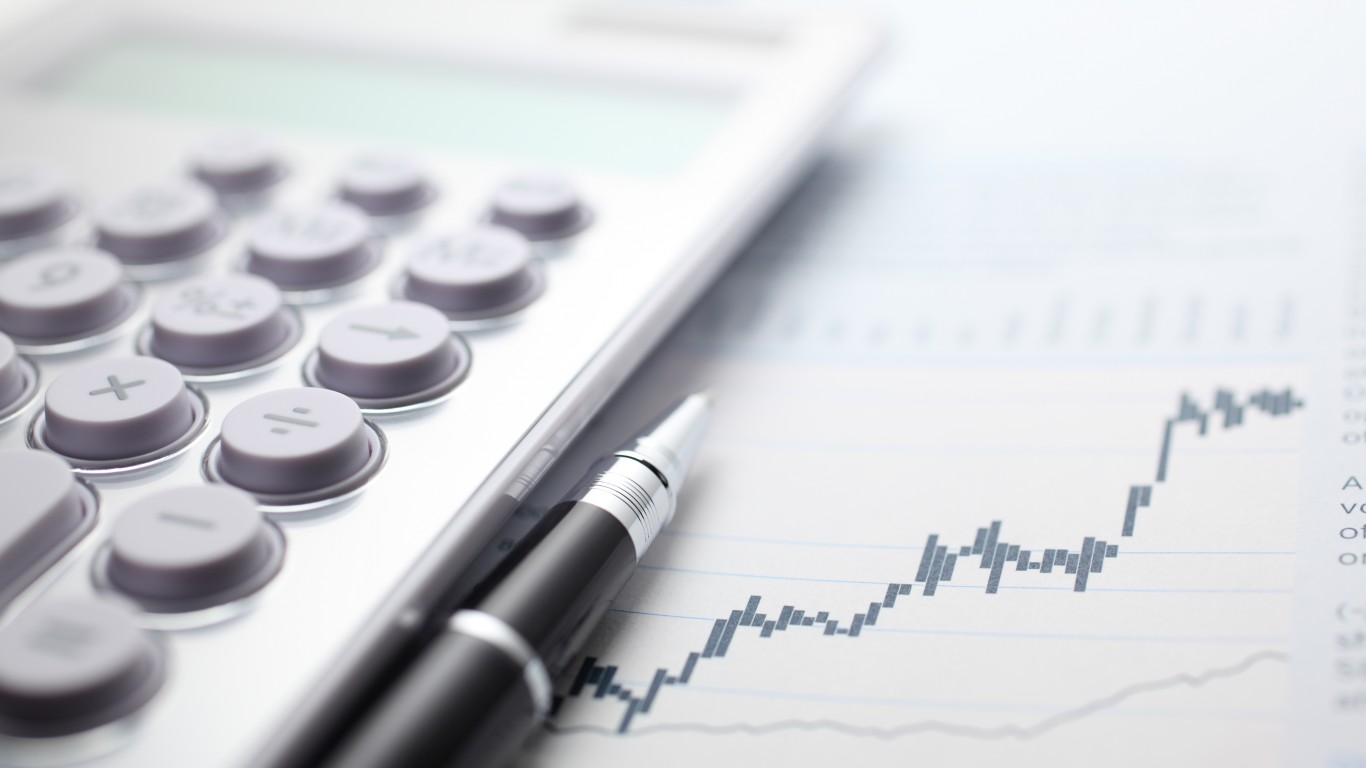
Inflation, according to the consumer price index, rose 9.1% in June, compared to the same month a year ago. This pace is higher than in any month since November 1981. It threatens to drive the economy into recession, and there is no ready solution. (Also see, record inflation driving up prices for these 40 household items.)
Some economists argue that higher interest rates will help tame inflation and lower the prices of items used by both business and consumers. Though the Federal Reserve has started to gradually raise rates (too gradually, according to some), these rate hikes did not begin until this year. And one prevailing school of thought is that the central bank should have started the process last year.
The belief that inflation will cause a recession is almost unanimous. Wages are not rising as fast as prices. Faced with high fuel and food costs, consumers are seeing their household budgets squeezed. That has lowered discretionary spending, which is a major driver of gross domestic product.
Inflation may cool only if unemployment rises and even more people curb discretionary spending. The current unemployment rate is near an all-time low of 3.6%. The number of people willing to take jobs today is so limited that many jobs remain unfilled. This means unemployment may stay where it is for months. (Here are states where job openings are on the rise.)
One way that people can combat inflation, at least for themselves, is by avoiding purchasing items with prices that are rising most rapidly. Some of these purchases are unavoidable, but others are discretionary or easily replaceable items.
To find purchases that consumers should be aware of buying during inflation, 24/7 Wall St. reviewed data on the cost of household items from the Bureau of Labor Statistics, and also considered other, broader categories. When possible, we suggested alternatives.
To fight inflation, here are nine things to avoid buying now:
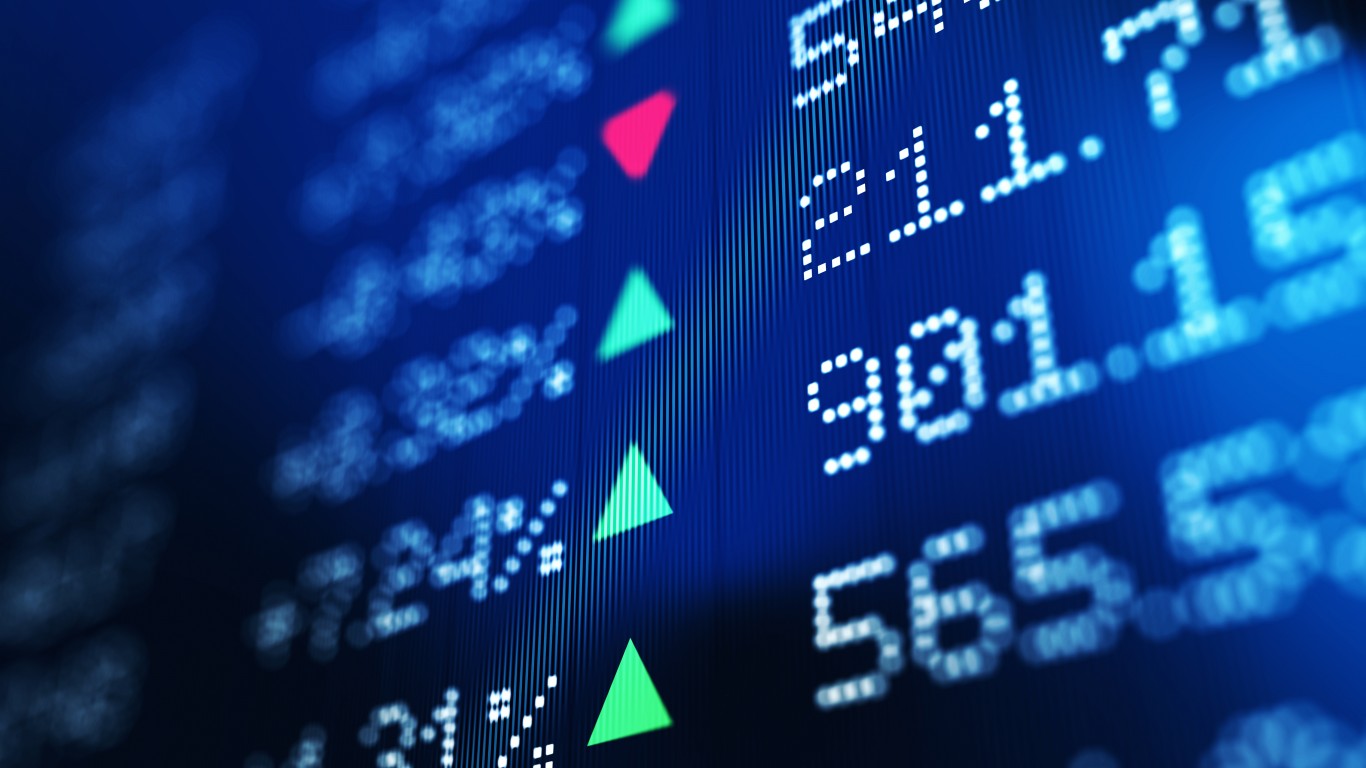
1. Stocks
Households lose net worth (and their financial safety nets) when they invest too aggressively in the stock market during a downturn. Stay away from risky equities. Bloomberg suggests people look at alternative investments, like U.S. savings bonds.
[in-text-ad]

2. Cars
One item hit hard by inflation this year has been car prices. Supply chain issues involving microchips have held up production, and the lack of supply has raised prices. Keep your current car.

3. Clothing
Clothing is another item with skyrocketing prices. New clothes will be unusually expensive this year, and probably into next.
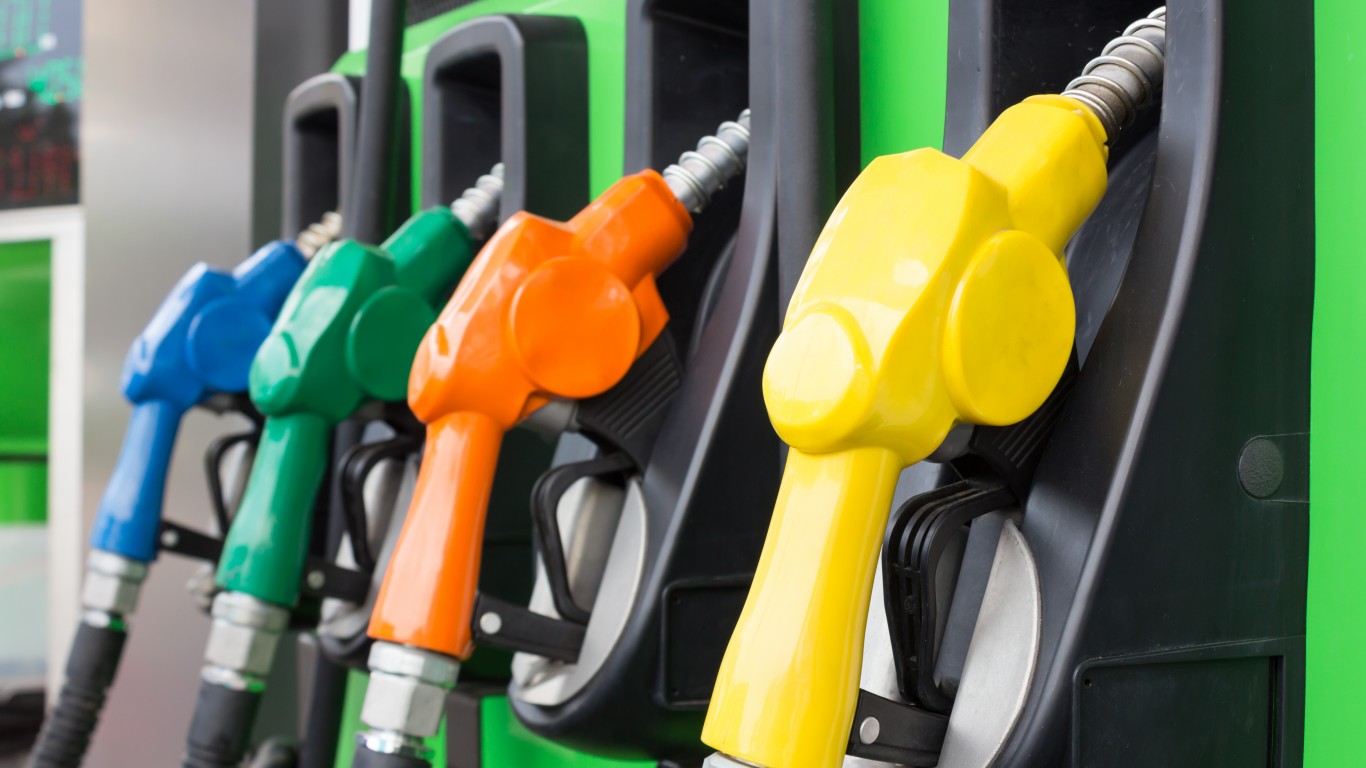
4. Gasoline
Do whatever you can to buy less gasoline than you absolutely need. Prices are up from $3 a gallon last year to over $5 per gallon. The price of oil, the primary reason gas prices move, has also traded near all-time highs.
[in-text-ad-2]
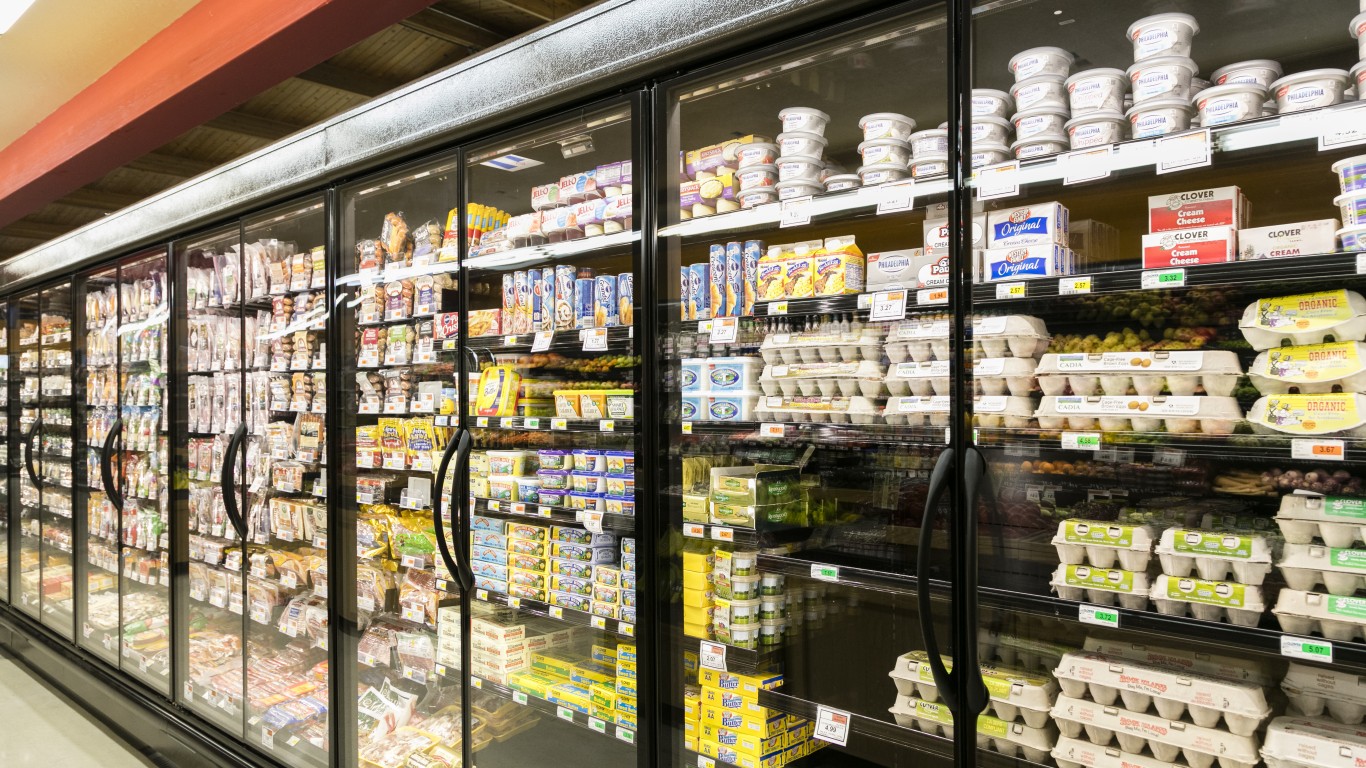
5. Eggs
Egg prices have risen among the most in the food category, up 33%. A number of foods can effectively replace eggs from a nutrition standpoint. These include yogurt, tofu, beans, and nuts, to name a few.

6. Coffee
Coffee prices are up 16%, and tea prices are up by 6%. Each has a similar amount of caffeine.
[in-text-ad]

7. Travel
Avoid travel. Not only are gas prices high, but the price of airline tickets was up 34% year over year in June. The cost of hotels, too, is 10% higher, according to consumer price index data.
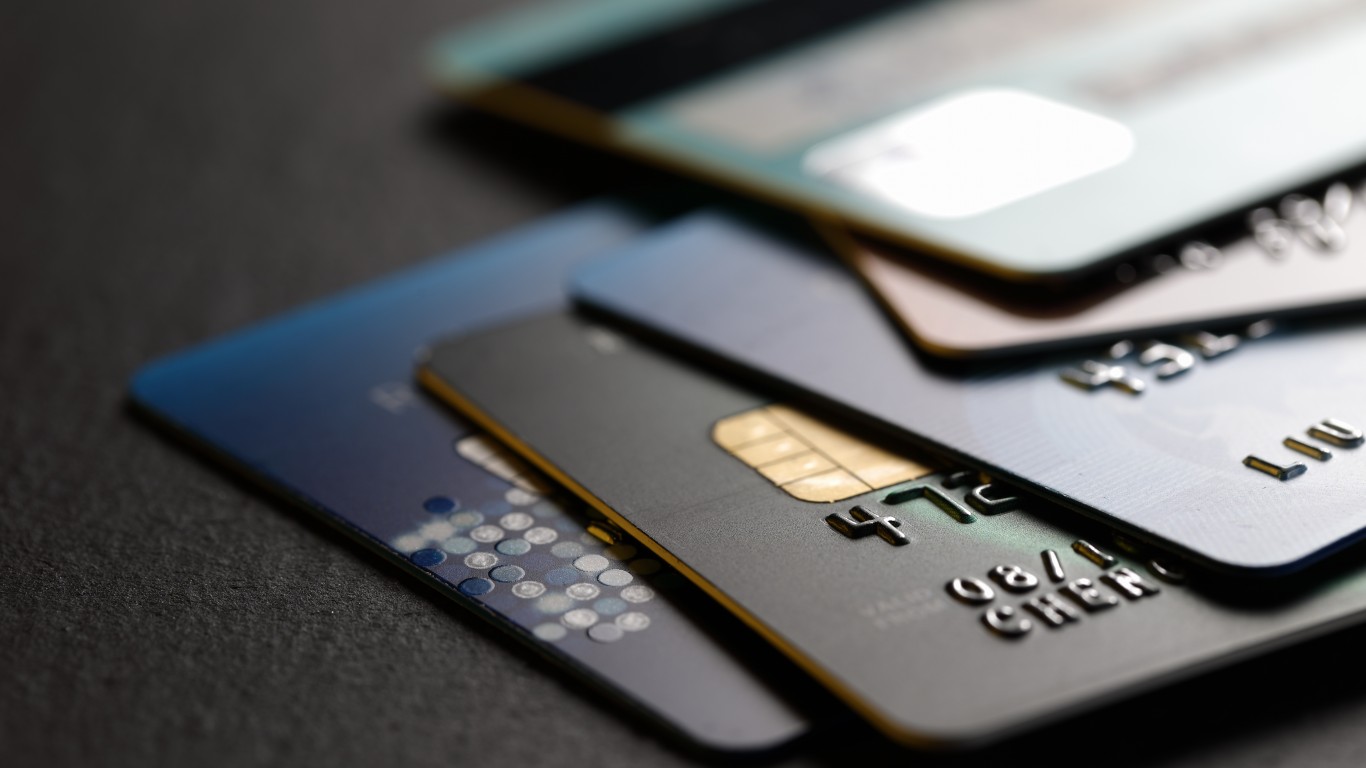
8. Credit cards
Do not buy items on credit cards. Some cards charge over 20% interest rates. Increases in rates by the Federal Reserve could push those fees even higher.

9. Lawnmower
Do not buy a gas-powered lawnmower or other power equipment used outdoors. Electric equipment can save 50% on fuel costs, according to CS Monitor.
Are You Ahead, or Behind on Retirement?
If you’re one of the over 4 Million Americans set to retire this year, you may want to pay attention. Many people have worked their whole lives preparing to retire without ever knowing the answer to the most important question: am I ahead, or behind on my goals?
Don’t make the same mistake. It’s an easy question to answer. A quick conversation with a financial advisor can help you unpack your savings, spending, and goals for your money. With Zoe Financial’s free matching tool, you can connect with trusted financial advisors in minutes.
Why wait? Click here to get started today!
Thank you for reading! Have some feedback for us?
Contact the 24/7 Wall St. editorial team.

